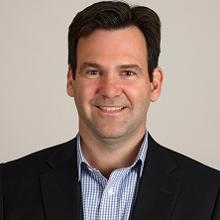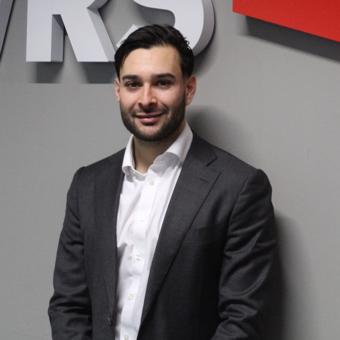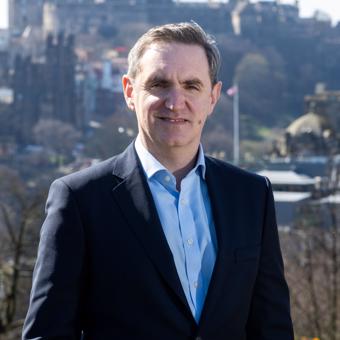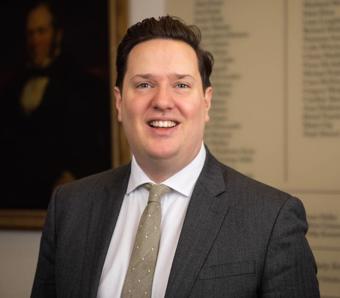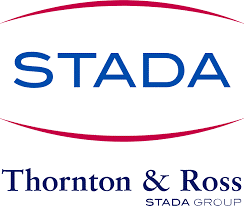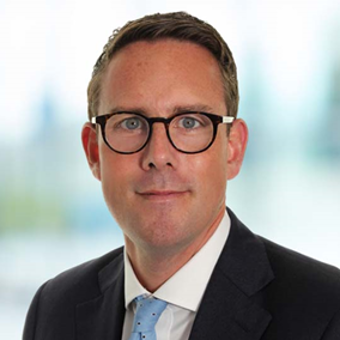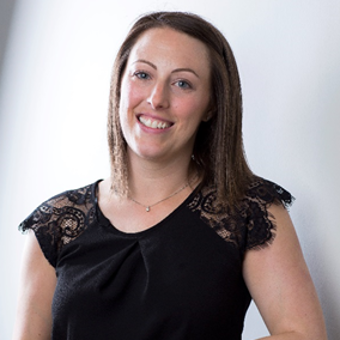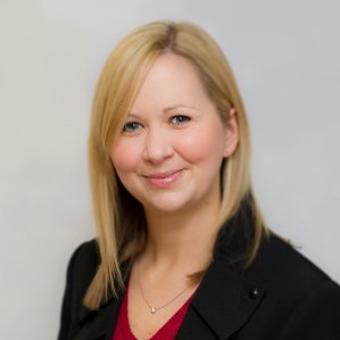Discusses his career, the challenges of making up a third of the firm’s business, growth and more
Greg, what’s been your career path?
I joined Osborne Clarke just after I qualified in late 1994. Four years later, I had the unique opportunity to support the launch of our office in the Thames Valley, which was a big step forward in my career, and ultimately helped me succeed in becoming a partner in 1999. During the two years between 2008 and 2010, I became head of the Reading office and a member of the Partnership Council. Over the next five years, I took over responsibility for sector strategy and joined both the executive board and the international board. Most recently, I became business transaction practice group (BTG) head in early 2015, and still sit on the executive board.
As head of BTG, how involved are you in client work on a day-to-day basis?
Nothing builds credibility and traction like a partner who leads by example. I am heavily involved with clients¬¬ and leading deals − it's what I really enjoy. Many of my clients have been with me for more than a decade. I also champion a firm-wide client relationship management initiative, which aims to build deep knowledge of our clients' businesses and the markets in which they operate.
The practice group makes up a third of the firm’s entire business. How much of a responsibility is that?
Our practice group includes roughly 40 partners and 100 mixed-level fee earners. I have an individual responsibility to lead the practice and collective responsibility for management, leadership, planning, and recruitment of the wider business as I sit on our executive board. So it's quite a dynamic and rewarding role.
Where is the majority of the practice group’s work coming from & what do you think will be the growth areas over the next couple of years?
As part of BTG, I oversee our private equity, M&A, corporate finance, financial institutions group (FIG), and commercial departments. All of these service lines have had strong results over the last three years and we anticipate further growth going forward. As a general rule of thumb though, FIG and commercial are slightly counter cyclical.
How much collaboration is there between the firm’s London HQ and its international offices?
There is a huge amount of collaboration between London and all the global offices. BTG is at the forefront of this, and I would say we are one of the most international practice groups at Osborne Clarke. Our partners deliver and manage cross-border work with international partners across our sectors and service lines. We have a daily interaction and engagement across Europe, the US and Hong Kong and we work closely with our best friend's network in India.
The firm is adopting the concept of agile working. What is it and why are you embracing it?
We have recently refurbished a brand new office space in Reading where we will be trialling 'agile' or, as we call it, 'connected working', which is a sit anywhere, work anywhere, and paper-light culture. This follows calls from our employees to be able to work across our three offices, from home, or from wherever their work and or life demands them to be. We feel connected working will improve service for our clients as well as day-to-day life for our people.
Diversity is another focus for Osborne Clarke. What initiatives are in place to improve its equality and diversity agenda?
Our business is on a very real and serious journey towards becoming a more diverse organisation. We recently welcomed our first dedicated diversity and well-being manager who has established a plan to support our new approach. We also have a big push across each of the practice groups to become more diverse. Across our business, sixty-three per cent of our non-partner fee earners are female. And just last month, we made up three partners – of that group, one was female and the other was mixed race.
What sets Osborne Clarke apart from other law firms?
We're known for our social culture, being inclusive, and for our flat structure. Most law firms talk about this, but few really deliver. This year's Roll on Friday poll also rated us top for management, and respondents said the firm has a "balanced outlook on life" and "amazing people."
Our leadership team is very non-hierarchical. Anyone who has met our managing partner, Ray Berg, would know he doesn't take a typical approach in that he is very easy to talk to, hands-on, and extremely personable. All of our partners and our leaders adopt a similar style.
Osborne Clarke has a clear strategy (built around sectors and clients, our people and development of our international reach) that is fully understood and supported by all of our partners and lawyers. It sounds simple, and in many ways it is, but few law firms actually deliver on this.
In your opinion, what makes a good lawyer?
It goes without saying lawyers require the drive and ambition to become technically excellent. But the softer skills are also important − lawyers need to be able to build strong relationships and empathise with clients by listening and responding. And as they become more senior, the best lawyers are those with the softer skills who can engage with clients and from a tactical perspective, manage larger clients, and oversee groups internally.
What drives your own ambition?
By most law firm's standards I have a non-traditional background. I went to a comprehensive school and I am the first generation in my family to go to university. I have been driven since a very young age, but as a young student I didn't have a concept of what large law firms had to offer. Since joining Osborne Clarke, I have taken advantage of a number of opportunities and I feel very lucky to have benefited from those. I am committed to ensuring that people from similar backgrounds also have the same opportunities as I did.
Finally, what are your own career goals that you still want to achieve?
I've been a part of the Osborne Clarke team for 22 years. I want to continue to play a leading role in the development of our business and make it as successful as possible, so we have a great legacy for the future generation of partners.
